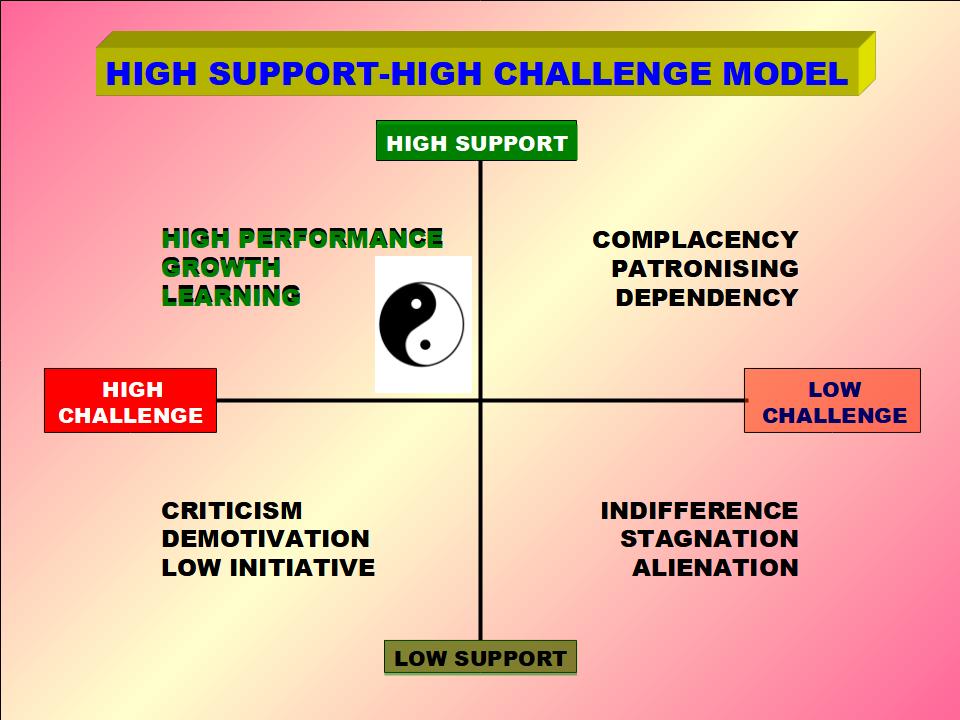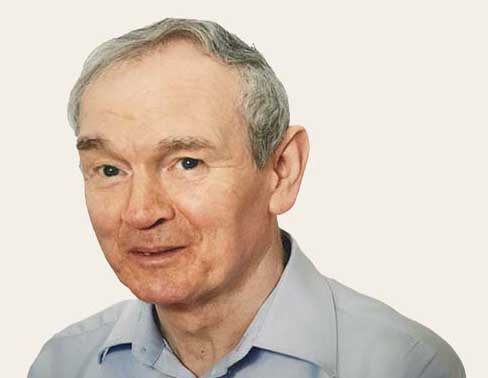to help themselves,
to release and realise more of their potential
Dennis Martin Consultants
Contact us and see how we can work together and create a path to the future that you, your people and your business deserve.
- home index page
- mentoring definition
- Mentoring Definition BRIEF
Mentoring Definition BRIEF
What Do You Need?
A Mentor Who Merely Guides or
A Mentor Who Transforms?
It's Your Decision
We will give you TWO definitions of mentoring: the 'traditional' one and an evolved version which significantly changes the approach to mentoring.
Your decision starts by choosing the definition of mentoring you need to follow to achieve the best returns on your investment:
Will you choose the 'traditional' definition and approach?:
Mentoring:
the act or process of helping and giving advice to a younger or less experienced person, especially in a job or at school
Mentorship:
the activity of giving a younger or less experienced person help and advice over a period of time, especially at work or school
If 'yes', then you will need a mentor who merely guides.
Or will you choose our evolved definition and approach based on the last 30 years experience?
We define mentoring as:
a shared learning process to help others, to help themselves, to release and realise more of their potential (ref. Dennis Martin)
This creates a more dynamic reciprocal learning and intrinsically motivating experience; helps the mentee to take ownership and responsibility of mentoring and achievements; he or she becomes self-sufficient with increased capacity to self-manage; has much improved self-confidence and self-image; and becomes creative and synergistic in releasing and realising more of his or her potential.
If 'yes', then you will need a mentor who transforms.
The Purpose of this Mentoring Definition BRIEF page is to explain how our evolved approach works and why it achieves much higher returns on investment than the traditional approach.
In so doing it is intended to help you make the most effective decision / choice of mentoring for your business and its people.
That is, 'Guidance' or 'Transformation'?
If you need BOTH, choose our evolved approach of 'Transformation'.
Choosing 'Guidance' can't get you both.
To achieve this purpose I will explain briefly each of the four key elements in our evolved Mentoring Definition BRIEF. That is:
1. a shared learning process.....
2. to help others.....
3. to help themselves.....
4. to release and realise more of their potential.
1. Mentoring is a Shared Learning Process for the Mentee(s) AND the Mentor.
The traditional definition implies that in mentoring learning is largely a one-way street, from the mentor to the mentee(s).
It may often be assumed unconsciously that the age and extra experience of the mentor puts him or her 'in charge' but this can have negative effects on the mentee(s) self confidence and participation.
Our mentoring definition BRIEF contradicts this.
We find that the best mentors, in addition to guiding, learn from the mentee(s) and leaders (and vice versa) and that our training of mixed groups often creates synergy so that everyone learns something they could not have learned in a one-to-one session.
2. Mentoring is to help others.....
Does this mean, 'do it for them?'
Does it mean the mentor should use his or her greater experience to offer answers or solutions to the mentee's 'problems'?
'YES' AND 'NO'.
How can the answer be 'YES' and 'NO' at the same time?
Well, in a nutshell, it all depends on the context.
To use a metaphor, if the mentee is 'drowning', or facing a potentially dangerous, unsafe situation, the mentor must provide support action even if, in the extreme short-term circumstances, that means 'doing it for them'.
Hopefully, the above is very rare and most of the time '...to help others...' means that the mentor can:
* provide resources in line with the High Support High Challenge model shown below
* use constructive questioning to help the mentee discover new insights and opportunities and to foster creativity
* steer the mentee's understanding by cross-referencing, for example, what the situation requires physically, mentally, emotionally, energetically, short-term, longer-term, by the mentee, by others etc.
* examine obstacles or inhibitions to solutions or performance or thinking or opportunities
* review what else may be influencing the situation or mentee from the external environment (e.g. resources, company policy, rules) and what from the internal environment, that is. the mentee (e.g. his or her mindset, attitude, beliefs or values system, ego, fear - of failure and/or success, self-confidence)
* examine how similar situations may have been dealt with elsewhere in the business or other businesses
* elicit from the mentee(s) what happens next?, and why?

3. Mentoring is to enable people to help themselves.....
The
key focal point here, from our experience, is that no one can learn for you.
If the mentee(s) cannot or will not learn, mentoring becomes redundant.
As the saying goes, 'mentors can open the door but to learn you must enter by yourself'.
OK,
so how does the mentor help the mentee to help himself or herself?
By tapping into and using the life
skills the mentee
already has and brings to the workplace free.
He or she is managing their own life and if they can do that surely they can manage a job and a mentoring opportunity?
In our experience they certainly can....and will with outstanding, often unexpected results that inspire everyone.
The most effective mentoring is about enabling people to help themselves develop Self-Management & Intrinsic Motivation (because these are two powerful 'secrets of success' and yield the highest returns on investment)
We have evolved and learned a far
more effective approach to help the mentee help himself or herself than happens with the 'traditional' approach.
And that is to enable the mentee(s) and mentor (and their Leader(s) to take full ownership of the mentoring process and to self-manage it and be accountable for its success.
And we've experienced that
self-managed mentoring can become an excellent entry-point
into wider culture change in companies such
as Lubrizol (clicking
this link will take you to PART TWO of The Lubrizol Story) and Pfizer.
4. Mentoring is to release and realise more of the mentee(s) and mentor's potential.
Our evolved approach does this for real, not as a paper qualification or a 'jam tomorrow' promise or a checklist score, but as practical measurable results that benefit the business and its people.
The
focal point here in the final phrase of our evolved Mentoring Definition BRIEF approach for us is, of course, POTENTIAL.
We define potential as unrealised possibilities and 'impossibilities'.
When we've helped people and organisations to create a highly intrinsic motivating environment through self-management and mentorship then things that were unrealised possibilities (i.e. potential) will be seen as opportunities and developed into actualities.
For example, in partnership with our client Lubrizol, we won a UK National Training Award for our approach as shown on our The Lubrizol Story page. Click the link to read the full story.
The judges described our bespoke and different approach as 'revolutionary and inspiring'.
Our approach helped the business to avoid an immediate closure threat, saved 70 jobs, improved the reward system for all (e.g. no more hourly pay and overtime), created £40,000 profit increase in the first month (which made the mentoring self-financing) and enabled Lubrizol to win several industry awards.
The really important point was that all of this was achieved by the same people who for years had been 'written off' by management as the company was diminished year after year.
In Pfizer Ireland Tablet Plant we helped the company and its people to create an award winning culture and high performance teams structure that exceeded all the metrics and goals required of it for 13 years.
Starting from a green field and recruiting 85% of the employees with no experience of the pharmaceutical industry, we built a flat organisation of self-managed individuals and teams without formal leaders but with informal leaders and mentors instead.
Click the link to read the full story: Pfizer Ireland Tablet Plant Story.
As a result of reading and considering all of the above, it is quite likely that you have some doubts, concerns, questions, suggestions, feedback etc. Everything that you have read is based on my 30 years experience as an OD Consultant. I know it's all true, because I was there helping to create it with mentoring and people.
I will be delighted to listen to your views, discuss them and continue learning.
Please use the Contact Help Form for Dennis below to share them. There will be zero charge for doing this. There is no obligation either. Send me your form now or just your contact details and I'll get back to you.
Although this is a BRIEF summary of the full article, we have covered a lot. I just want to say THANK YOU for visiting my site and for reading this page. I hope it was as interesting, valuable and enjoyable for you to read it as it was for me to write it.
Kind regards,
Dennis
